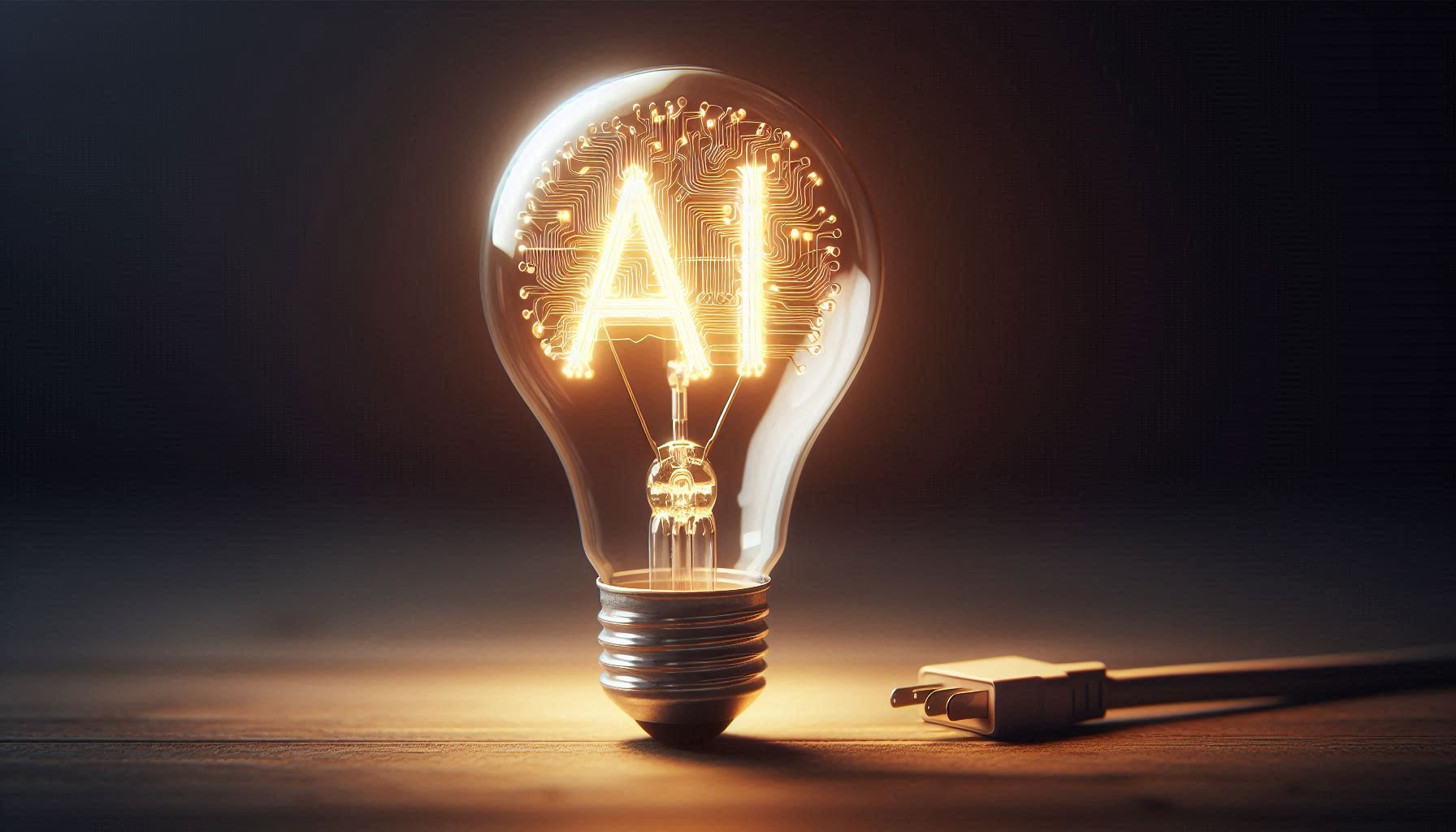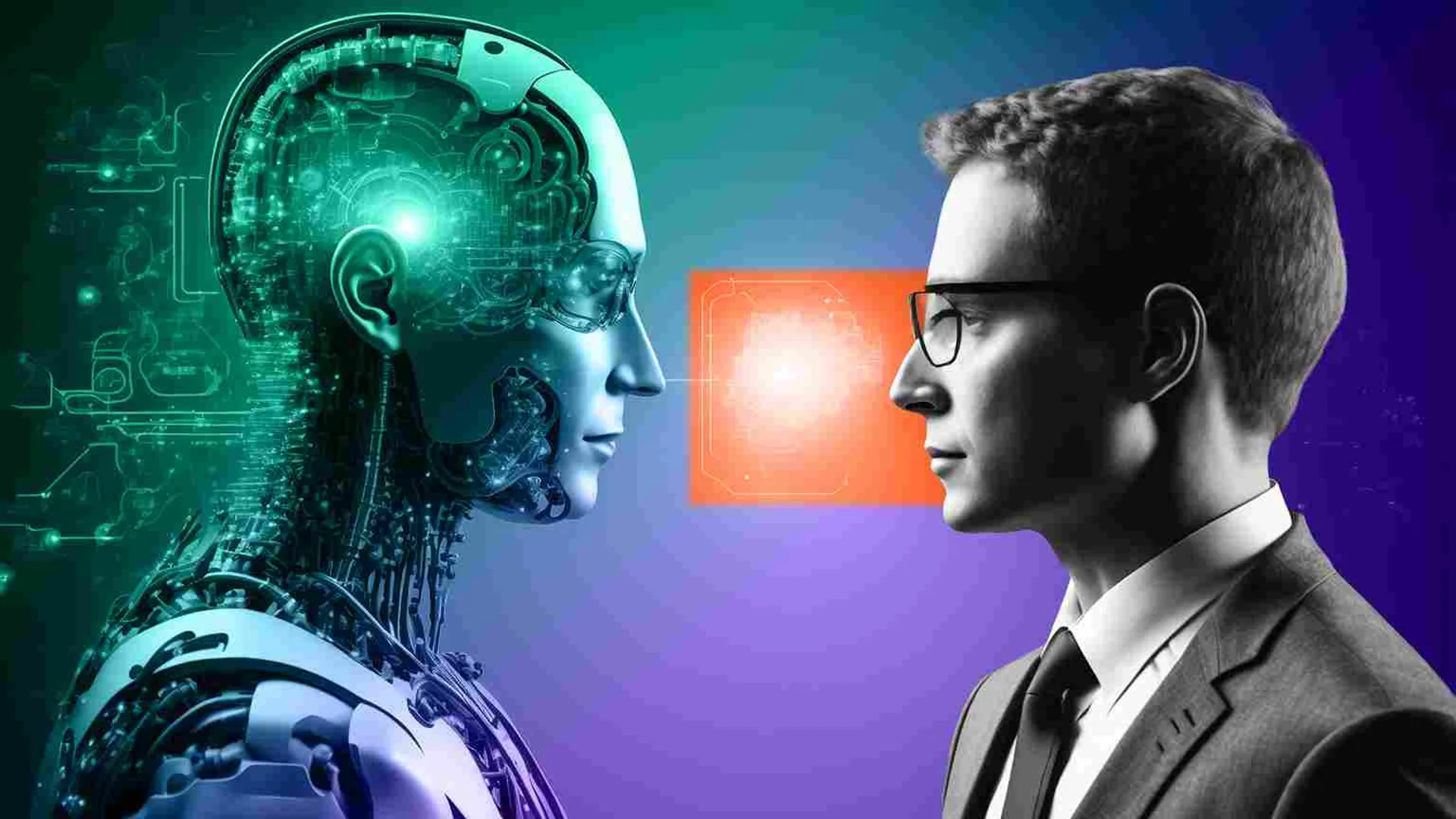Artificial intelligence has, in recent years, transitioned from science fiction into reality in our lives. It is not so hard to imagine AI as something futuristic. Still, AI is already a part of thousands of interactions and processes, working behind the scenes to make our lives easier, faster, and sometimes more fun. Here’s how AI has seamlessly integrated itself into our daily routines.
1. Smart Assistants: Our Personal Helpers
Think of Alexa, Google Assistant, or Siri. Virtual assistants use AI technology that lets them to understand voice commands, answer questions, set reminders, and control other devices. They can be so useful, from switching the lights on to playing a favorite song. It doesn’t matter whether it’s part of household management, entertainment, or even getting more productive.
2. Streaming Recommendations: Personalized Entertainment
Every time you sign into Netflix or Spotify, AI is working subtly in the background to evaluate your viewing or listening history and recommend new shows, movies, or songs to listen to. Such tailoring depends on algorithms for monitoring patterns in your behaviors so that AI would get it right about your next preference. That explains why the “Top Picks” seem so spot-on and tailored to your interest at every turn.
3. Social Media Feeds: Curated Just for You
Ever wonder why a social media feed seems to automatically know what you want to see? AI algorithms tailor feeds by analyzing past usage interactions: likes, sharing, and comments. Those big social media sites in use today, like Facebook, Instagram, and even Twitter, use machine learning to ensure that the content aligned with your interests will hit the top of your navigation, making your experience more appealing and engaging.
4. Navigation and Traffic: Seamless Travel Planning
AI has changed the face of commuting. Google Maps and Waze, to name a few, provide real-time information on traffic flow, road closures, and user inputs to recommend the best route. This in real-time navigation helps commuters avoid heavy traffic and ensures they arrive at their destinations faster. Self-driving cars are becoming increasingly popular with AI analyzing road conditions, reading signs, and making split-second decisions.
5. Health and Fitness Apps: Your Personal Trainer
AI-powered fitness apps such as MyFitnessPal and Fitbod using the customer’s data to analyze your data to give you perfect workout routines and track progress. Not only these, but there also exist fitness apps which even provide virtual coaching, showing the correct form, or technique while performing some type of workout. Wearable devices such as Fitbit or Apple Watch even rely on AI algorithms to check heart rates, the number of steps walked, or sleep quality and gives needed inputs about one’s health, showing what could improve for better living.
6. Shopping and E-commerce: Tailored Buying Experiences
E-commerce players like Amazon use AI technologies to tailor a shopping experience for consumers. Based on the data about browsing time, past purchases, and even the amount of time on a page about a given product, AI can surmise what you would like to buy next. Such recommendation systems make the shopping process much easier and far more personalized when shopping online, almost feeling like something created just for you.
7. Banking and Finance: Securing Your Money
AI is playing an extremely important role in protecting the security of online transactions. Banks and financial organizations use AI for detecting fraud by analyzing the patterns of transactions and alerting on suspicious activities. Many apps related to financial services use AI for giving budgetary insights, keeping track of spending habits, and even making investment advice, making it easier for users to manage their cash better.
8. Email Management: Sorting the Important from the Junk
Ever wonder how an empty inbox is always that empty? Well, nowadays there are email providers, the Google version of them with features like spam-detection thanks to AI, automatically put their emails into some given type, and then a ranked list of message priorities through AI. Recently email applications also offered an intuitive use of smart replies because with AI, responses have suggestions based on content written down in the received emails time, hassles.
9. Smart Home Devices: Automation at Your Fingertips
The smart home is a technology that can take control of all aspects-from lighting and temperature to even security systems. AI device, such as smart thermostats, learns about your taste and adjusts settings to provide energy efficiency and comfort. Similarly, a smart fridge can track what you put inside and will give a recipe to you, or a robot vacuum can keep mapping your home and leave it clean with no involvement of humans.
10. Education: Enhancing Learning Experiences
AI is transforming education, and in a large part, through platforms such as Duolingo and Khan Academy. They can track the strengths and weaknesses of a learner and align the content according to his pace. Thus, the student is able to enjoy more interactive learning while still having support where they require it most.



